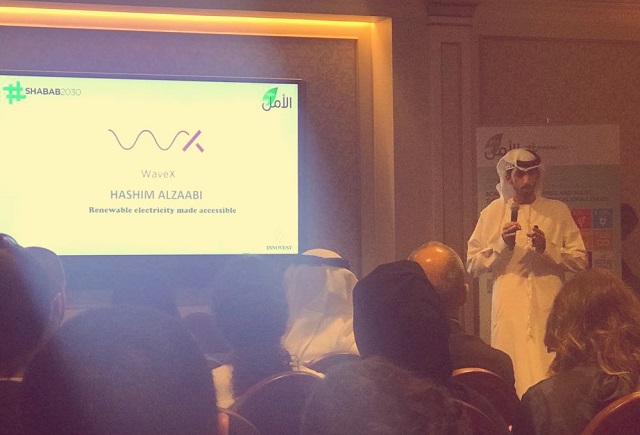The year of 2025 will let the world feel the potential of blockchain that had been hidden. Undoubtedly, 2017 was the year of cryptocurrencies that promised huge returns. Millions of investors around the world rushed to invest in this new asset class. Most of them were amateur with poor experience or no knowledge of the basics of blockchain technology that created a new type of digital currencies. Today, this community lacks the realization and motivation to start changing.
Table of Contents
Smart contracts are the future
Blockchain technology most often uses smart contracts rather than cryptocurrency, which automatically perform a certain function when prescribed conditions occur. In practice, many industries have already started using smart contracts or are planning to soon.
For example, ConnectJob and Gibraltarbased are working on using blockchain technology to develop economics and construction, grounding on the existing centralized app that will be deployed in several cities around the world. They want to be like Uber. This means that if you search for a masseur, you will find one. If you look for a babysitter, you will find one. If you want an accountant or someone to trim your lawn, you will easily find them using geolocation.
ConnectJob operates on blockchain, which enables users to exchange values directly, without involving any third parties. By exploiting Ethereum-based smart contracts, ConnectJob plans to create an escrow payment system to pay jobbers for their work. Here is what Daniel Reynolds, Customer Relations Specialist, tells about the company philosophy:
We are a blockchain company and understand that cryptocurrencies today are not what blockchain was created for. Our principle is simple: I earn one dollar today and I’m the only person who decides how to spend it. I cannot pay anyone for saving my money, nor return them or give them to anybody. Some 2.9M people have no access to the bank system, and banks cannot provide them with a good future. So, it is their own bank that ensures their prosperity.
There are also some other apps that can perform similar functions.
ArabianChain
In UAE, companies more and more often go for smart contracts to facilitate operational efficiency. In October 2017, WaveX, a financial platform with the renewable energy supply and peer-to-peer solar panel, was launched in UAE. It became the first local company that accepted smart contracts and the first ArabianChain’s blockchain-based startup from UAE.
As the field is rapidly evolving, many of the region’s forward-thinking startups are already exploring the potential of blockchain. They do this not only to expand their capabilities but to make transaction processing and data exchange more efficient, reliable, and secure.
UAE is Middle East’s most innovative state, where people recognize blockchain as the tool to reduce the number of paper deals by 100 million every year.


 Telegram
Telegram 
